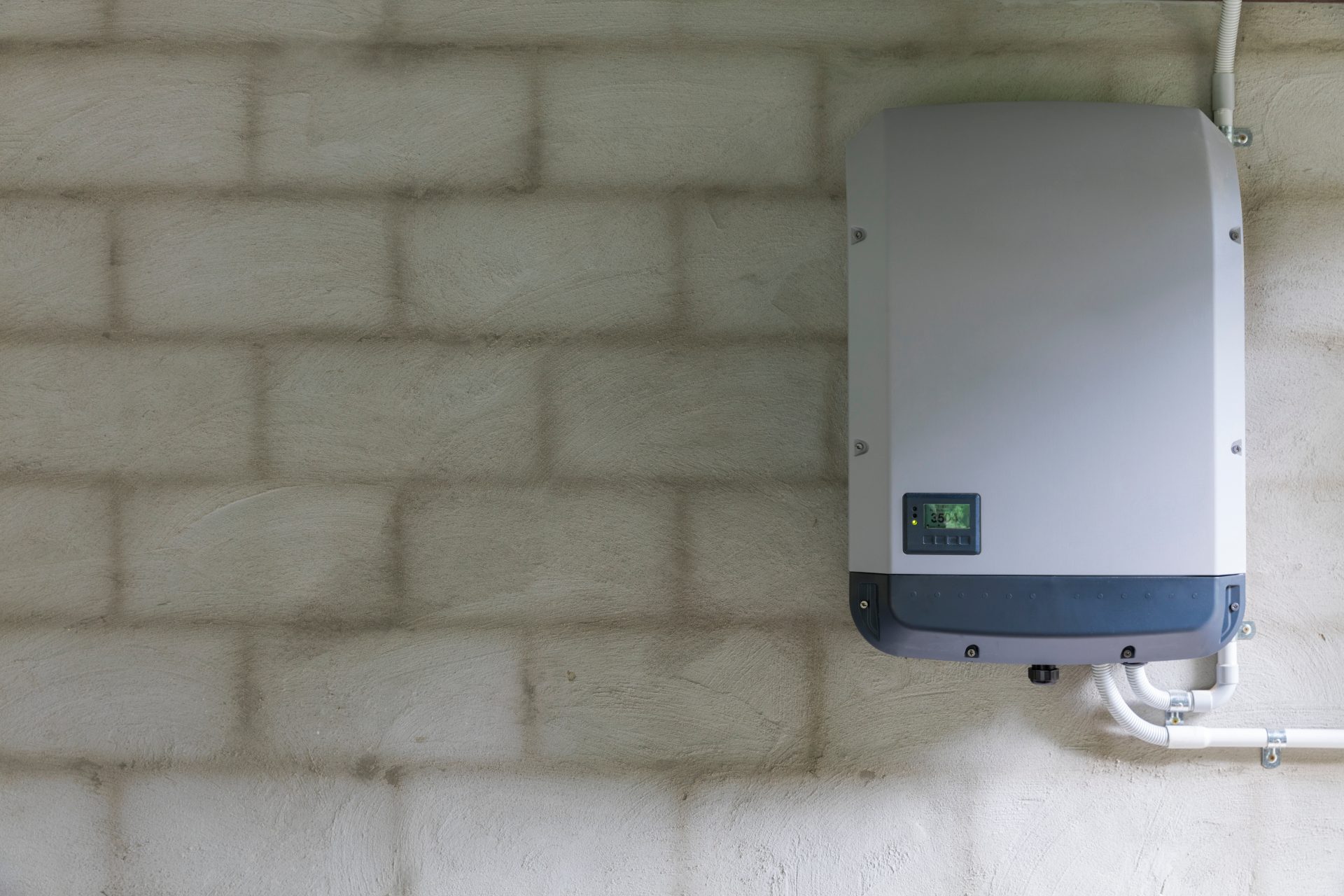Taking a Closer Look at 2022 Energy Standards: Residential

Batteries Now Included
Effective January 2023, California’s Solar Mandate will receive a new update: it will require all single-family homes to be electric-ready. It will also include guidance for installing battery storage systems. Solar battery systems are a great way to increase energy independence by allowing onsite energy to be used when needed, reducing the grid’s dependence on fossil fuel power plants.
Specifically, ADUs or new residences will be required to have a 220 volt battery plug. This battery will need to be available for a future heat-pump water heater, cook top, oven, clothes dryer, and range. Even if you are designing for gas appliances, the electrical battery will still be a standard requirement. The electrical panel will need a 225 amp busbar rating, along with at least two 30 amp and one 50 amp blanked off (and labeled) space for future double pole circuit breakers. This is an expansion of the present code for a single family that includes one or two dwelling units.
Here are some reasons that battery installation is a good idea, for businesses and homes:
- In the event of an emergency situation, the solar system will continue to provide electricity during daylight hours. After sunset, the battery will back up usage. Then the battery will be refilled by your system the following day, and will be ready to repeat that process as needed.
- Without a battery, in the event of a planned or spontaneous power outage your solar system will not function, as its operation relies on the grid to complete the electric circuit. Adding a battery means that you will be able to complete the circuit without the grid, and your solar system will continue to function as needed.
- Batteries are a great way to protect your home from outages or emergencies, and they also reduce the grid’s reliance on fossil fuel power plants.
